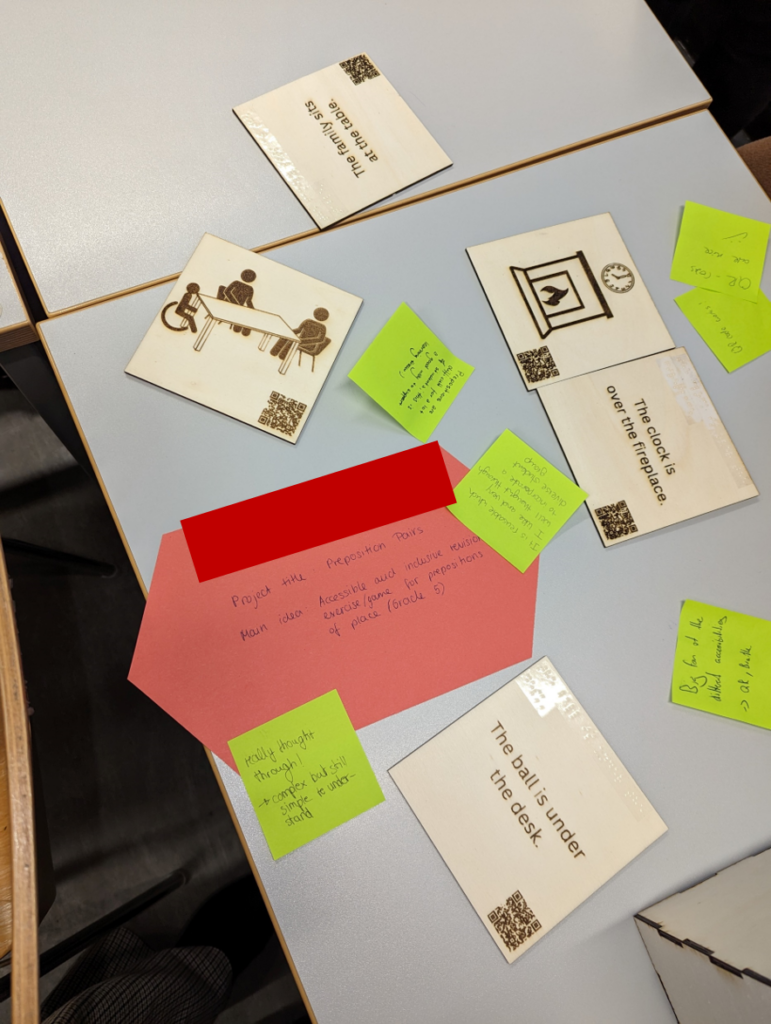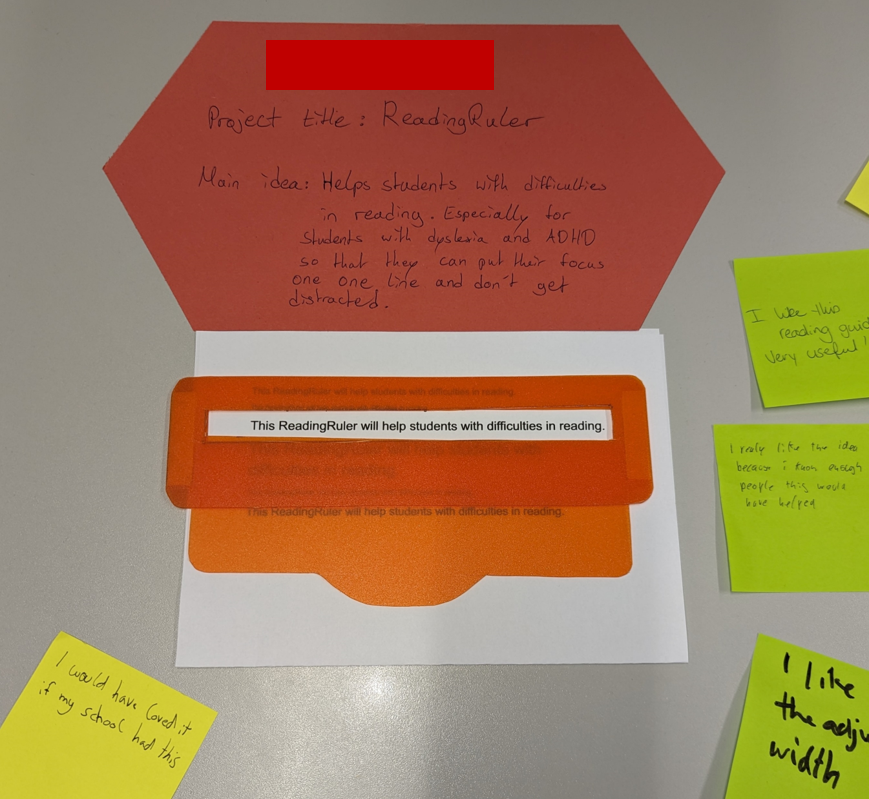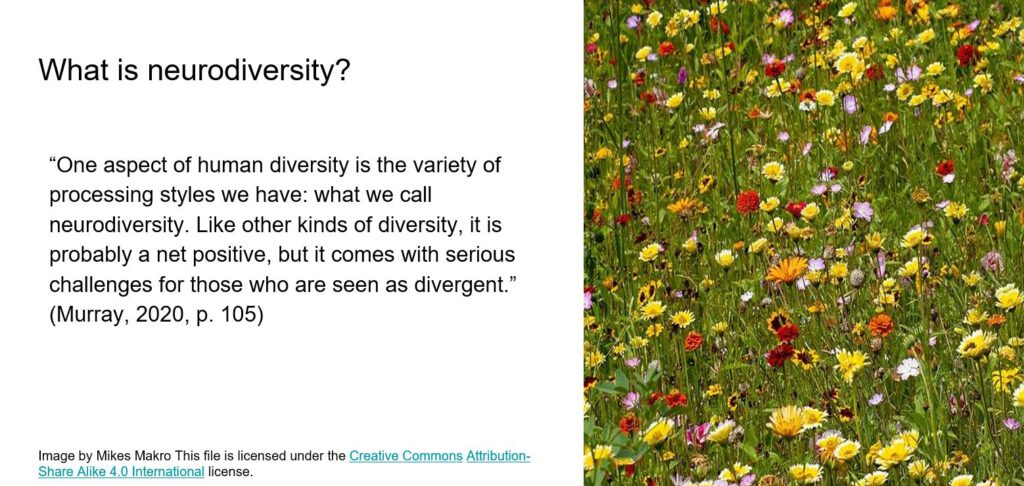- ELLeN book now available!
Within the ELLeN project, teacher education students interviewed neurodivergent language learners and stakeholders in inclusive education. A selection of their interviews has now been published in book form! The book is called “Expert*innen in eigener Sache: Gespräche über Englischunterricht und Neurodiversität” [Experts by experience: Conversations about English language teaching and neurodiversity”] and is available from the publisher or any bookstore as a printed book and ebook. Furthermore, an open access version of the manuscript is available from the project website. This version of the manuscript has been published under a creative commons licence to make re-use for different teacher education settings as easy as possible.
Even though the book has a German title, it is multilingual: It encompasses English and German interviews, plus summaries in English, German and Flemish. The printed book contains a German-language introduction, but translations in other languages are available from the website (English foreword and Flemish foreword).
Interested in the decisions we’ve made preparing the manuscript? More information is available from this short report.
- ELLeN goes Maryland
A member of the ELLeN team, Jules Bündgens-Kosten, spent the fall term 2023/2024 in the USA, as a Fulbright Scholar-in-Residence at UMBC, teaching a seminar based on ELLeN concepts and materials. A report about their stay in Maryland can be found here.
- Students at TU Dortmund combine ELLeN project & maker culture
In Winter term 2023/2024, students studying to become teachers for different school forms spent the semester exploring different kinds of dis/abilities and difference, as well as their implacations for the English language classroom. The course, taught by Carolyn Blume, used the resources of the HyLeC: Hybrid Learning Center to design – and create – products for use in inclusive and heterogeneous English classrooms. The future teachers used 3D printers, laser cutters, sewing machines, embroidery and a range of materials to create haptic teaching and learning materisl for inclusive EFL teaching. Some examples are featured below.

Accessible and inclusive revision exercise/game for prepositions of place (grade 5). The cards contain images, Braille, and QR codes that lead to audio files. 
Reading ruler: Helps students to focus on one line of a text at a time. - Students at Ghent University created ELLeN-inspired multimedia products
In December 2023, Master students of Gender and Diversity at Ghent University presented their multimedia products on the topics of ‘neurodiversity and neurodiversity and learning’. Students collaborated with lived experience experts in their work over several months.
Two excellent examples of the work produced are Amaryllis and Simon’s podcast and Evy, Tim, Femke and Souad’s instagram wall.
- Virtual teacher education workshop hosted by UMBC’s TESOL program
On December 7th, Jules Buendgens-Kosten held a workshop on “Neurodiversity in the Classroom: Universal Design for Learning”, hosted by the TESOL program at University of Maryland, Baltimore County. During this 1-hour event, attended by 31 local educators from different subject disciplines, they drew on ELLeN educational materials (“IO1”) and on ELLeN interviews (“IO2”) to introduce key ideas related to neurodiversity and Universal Design for Learning, and to present the ELLeN project more generally.
